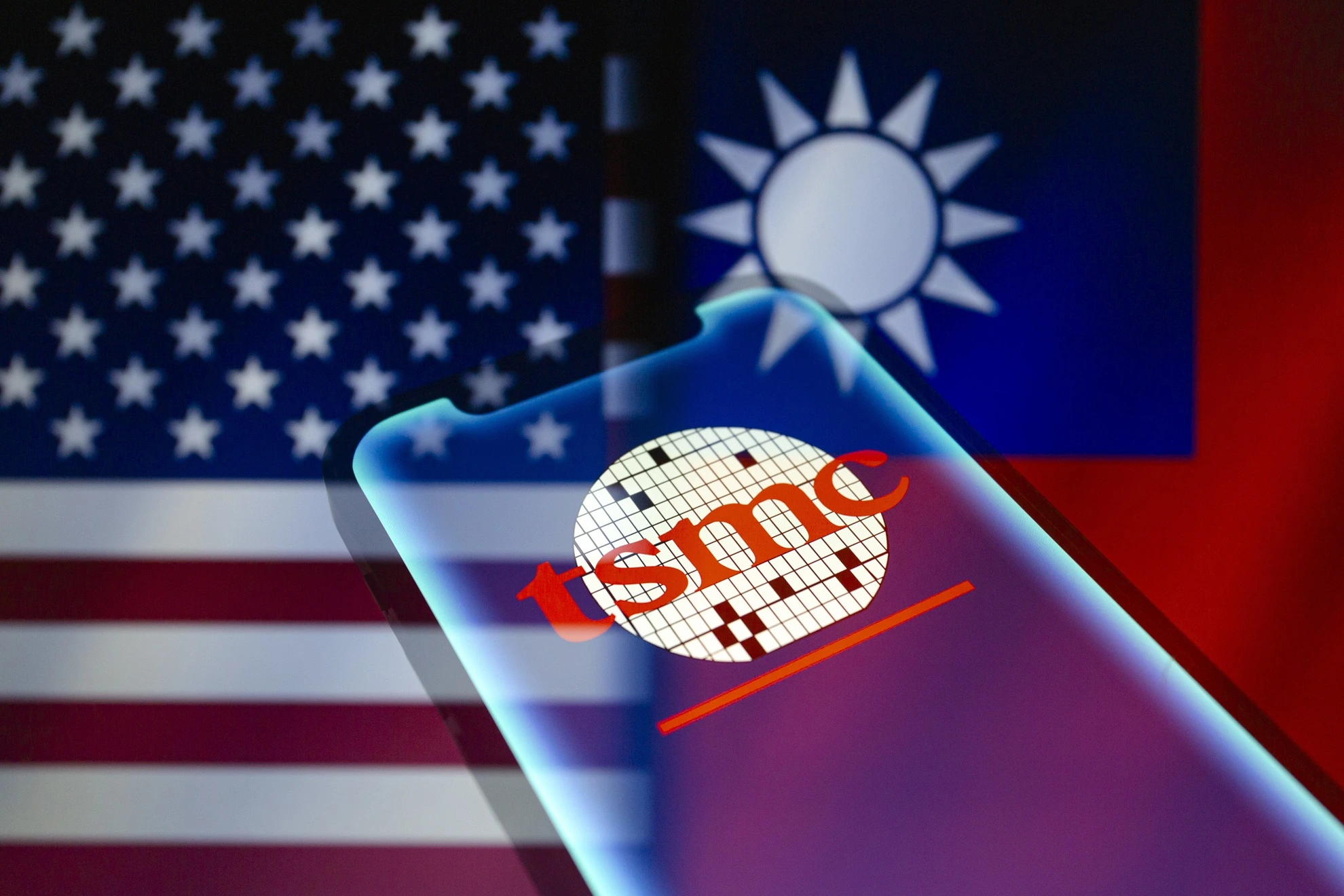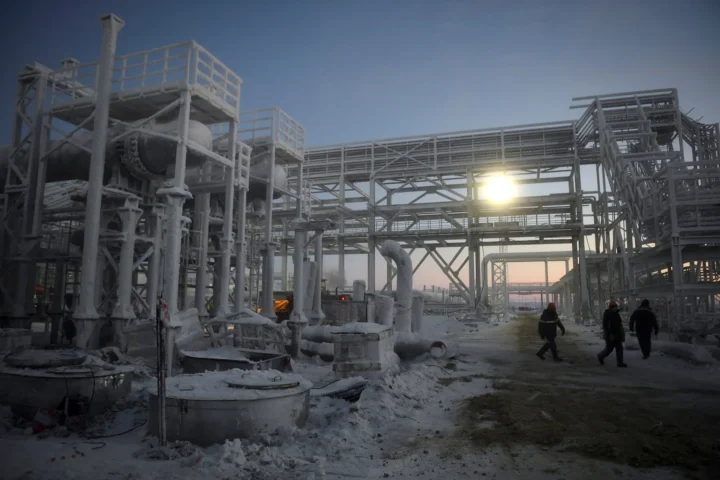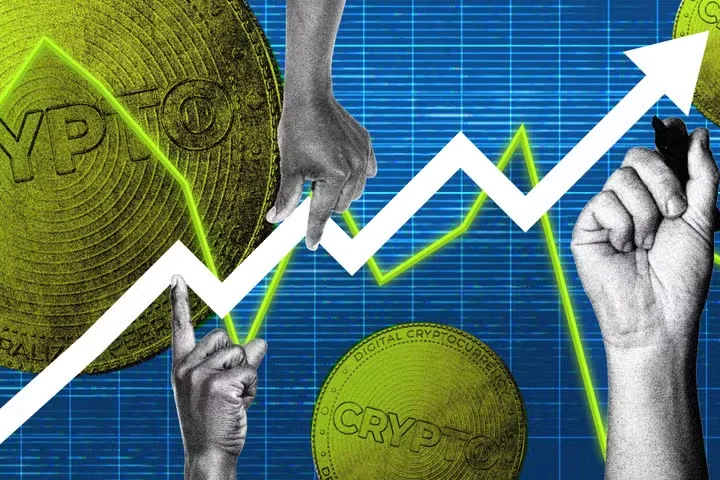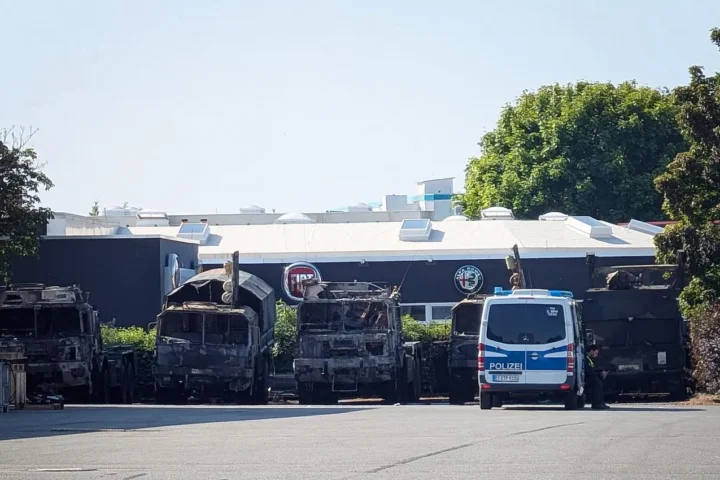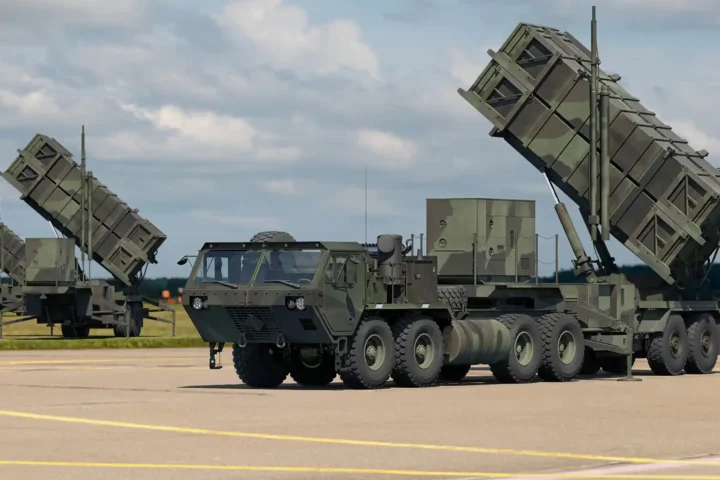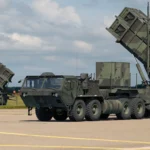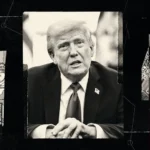Taiwan is actively strengthening its ties with the United States, seeking support amid growing pressure from China. According to The Financial Times, a key step in this direction was the announcement by Taiwan Semiconductor Manufacturing Co (TSMC), the island’s largest semiconductor company, of a significant increase in its investment in the U.S. economy. The company plans to invest $165 billion in building and expanding manufacturing facilities in Arizona, up from the previously planned $65 billion.
This move is not only aimed at economic cooperation but also at strengthening strategic relations between Taipei and Washington. Lo Chih-cheng, a former lawmaker from Taiwan’s ruling Democratic Progressive Party, emphasized: “We need to put our bargaining chips on the table. Taiwan’s strategic importance is much bigger than that of Ukraine, as we play a central role in the global semiconductor supply chain.”
Comparison with Ukraine: A Decisive Factor in U.S. Policy
Recent remarks by former U.S. President Donald Trump about potentially halting military aid to Ukraine have raised concerns in Taiwan. As noted by The Financial Times, Taiwanese authorities fear that the U.S. might abandon its support for their country in exchange for favorable deals with China. Trump’s former national security adviser, John Bolton, wrote in his memoirs that Trump viewed Taiwan as “the tip of a pen”, while China was “a massive desk”, highlighting his skepticism toward the island nation.
U.S. Policy on Taiwan
Despite these concerns, U.S. policy toward Taiwan is based on the Taiwan Relations Act, which commits Washington to Taiwan’s defense in the event of a threat from China. The U.S. provides Taipei with defensive weaponry, including Himars rocket launchers, intelligence systems, and command and control technologies. Additionally, both sides are working on finalizing a $10 billion arms deal.
Taiwan’s Defense Minister Wellington Koo stated: “We cannot rely solely on discussions about democratic values; national interests must also be taken into account.” He further noted that Taiwan’s security and the stability of the Indo-Pacific region are of strategic importance to the U.S.
The Role of the Semiconductor Industry in Taiwan’s Security
A crucial factor in Taiwan’s strategic significance for the U.S. is its dominance in the semiconductor industry. The island controls more than 90% of the global supply of advanced microchips used in military, medical, and technological applications. According to Huang Kwei-bo, a professor of diplomacy at National Chengchi University, “If the ‘silicon shield’ truly exists, transferring the most advanced technology to the U.S. could weaken it.”
A poll conducted by an opposition-affiliated foundation found that 85% of respondents opposed transferring 2-nanometer chip production technology to the U.S. More than 60% believe that the U.S. holds the upper hand in negotiations with Taiwan, while Taiwan’s trade surplus with the U.S., which grew by $26.1 billion to $73.9 billion last year, may lead Washington to impose new tariffs.
For Taiwan, U.S. support is critical, yet the stability of their relationship depends on multiple factors, including Washington’s policies, trade negotiations, global security, and geopolitical interests. Experts argue that Taiwan must not only maintain military and diplomatic cooperation with the U.S. but also strengthen its economic influence in global markets.
As an anonymous CEO of a leading Taiwanese tech company noted: “Who knows what Trump will decide when negotiating with Xi Jinping? He could say: ‘If you balance our $295 billion trade deficit, we’ll give you Taiwan.’”
This article was prepared based on materials published by The Financial Times. The author does not claim authorship of the original text but presents their interpretation of the content for informational purposes.
The original article can be found at the following link: The Financial Times
All rights to the original text belong to The Financial Times.

